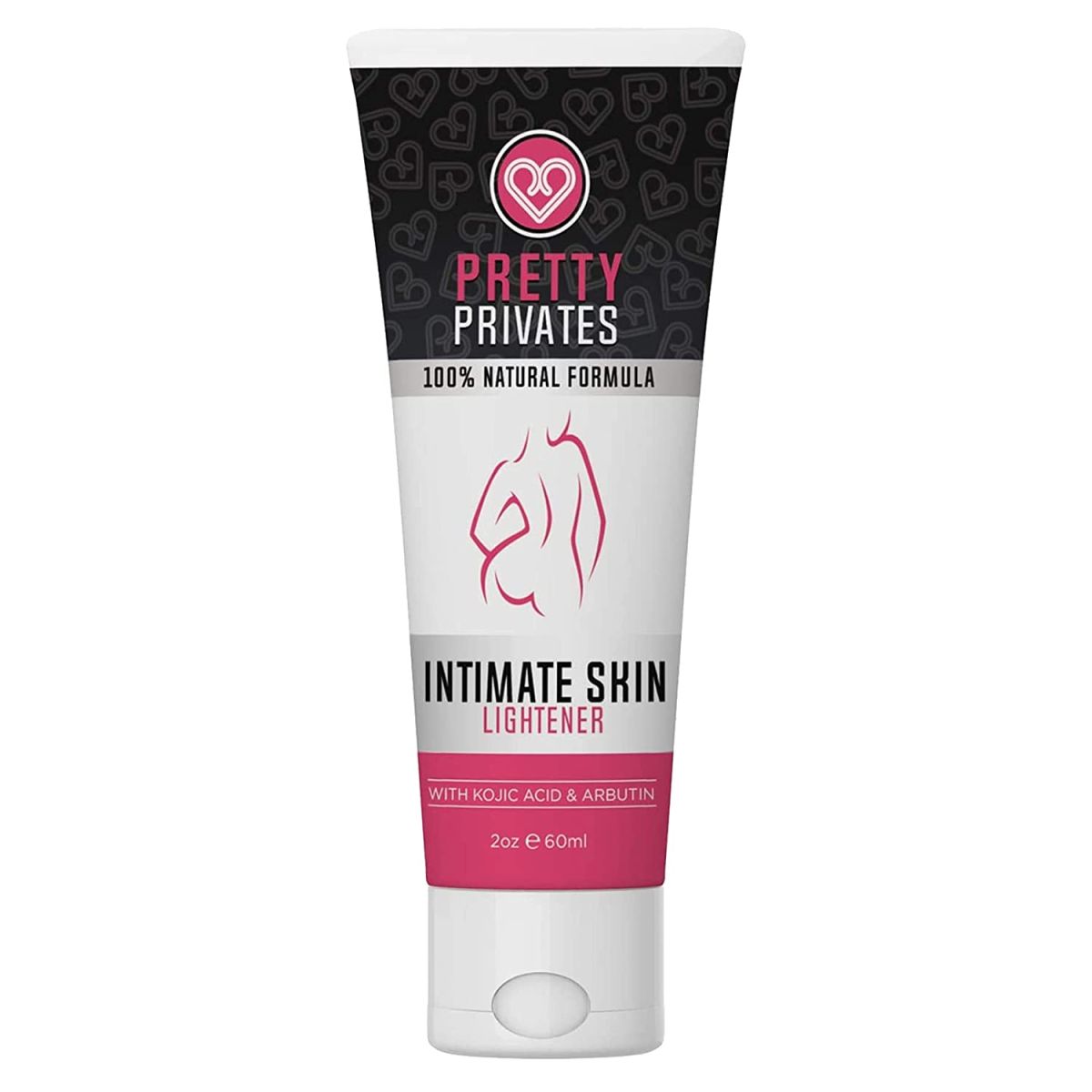Let’s talk about something that’s often whispered but deserves the spotlight—how to lighten your intimate area safely and effectively. If you’ve been wondering “how to lighten the intimate area naturally” or looking for solutions that work, you’re not alone. Many people deal with concerns about skin discoloration in sensitive areas, and there’s no shame in seeking answers. This guide will walk you through everything you need to know, from natural remedies to professional treatments.
Look, we’ve all been there—scrolling late at night, typing questions into Google that we’d never admit to our friends. And let’s be honest, the intimate area is one of those topics that can make even the most confident person feel self-conscious. But here’s the thing: it’s completely normal! Skin discoloration in this area can happen for a variety of reasons, from genetics to friction, and it’s nothing to be embarrassed about.
What makes this topic important is that so many people are searching for answers, but not all solutions out there are safe or effective. That’s why we’re diving deep into the science, the myths, and the best practices to help you make informed decisions about your skin health. Whether you’re looking for natural remedies or considering professional treatments, we’ve got you covered.
- Celebrating Taes Birthday A Special Day To Remember
- Hairstyles For Dolls A Fun Guide To Transforming Your Dolls Look
Understanding Intimate Area Discoloration
What Causes Darkening in the Intimate Area?
Before we dive into solutions, let’s first understand why this happens. Skin discoloration in the intimate area can be caused by several factors, and it’s important to know the root cause before jumping into treatments. Here are some common reasons:
- Genetics: Some people are naturally predisposed to darker skin in certain areas.
- Friction: Tight clothing, frequent shaving, or even activities like cycling can cause irritation and darkening.
- Hormonal Changes: Pregnancy, birth control pills, or hormonal imbalances can lead to increased pigmentation.
- Hygiene Practices: Over-cleansing or using harsh products can irritate the skin and lead to discoloration.
Understanding these causes can help you tailor your approach to treatment. For example, if friction is the culprit, switching to looser clothing might make a big difference.
Natural Remedies for Lightening the Intimate Area
Home Treatments That Actually Work
Many people prefer natural remedies because they’re affordable, accessible, and often gentler on the skin. Here are some tried-and-true methods:
- Aguachile De Camaroacuten Rojo The Ultimate Guide To This Fiery Mexican Delicacy
- Poodle Dreadlocks The Ultimate Guide To Stylish And Unique Grooming
Lemon Juice: Lemon juice is a natural bleaching agent, but it needs to be used with caution. Mix it with water to dilute it and apply it gently to avoid irritation.
Aloe Vera: Aloe vera has soothing properties that can help reduce inflammation and promote healing. Apply fresh aloe gel directly to the area.
Coconut Oil: Coconut oil is rich in fatty acids that nourish the skin and can help lighten dark spots over time.
Remember, consistency is key when using natural remedies. You won’t see results overnight, but with regular use, you might notice a difference.
Professional Treatments: Are They Worth It?
What to Expect from Dermatologist-Recommended Procedures
If natural remedies aren’t giving you the results you’re looking for, it might be time to consult a professional. Dermatologists offer a range of treatments designed to lighten and brighten the intimate area. Here are a few options:
- Laser Treatment: Laser therapy can target pigmentation issues and promote even skin tone. It’s effective but can be expensive.
- Chemical Peels: These peels use acids to exfoliate the outer layer of skin, revealing brighter skin underneath.
- Microdermabrasion: This procedure gently scrubs away dead skin cells, promoting cell turnover and brighter skin.
While professional treatments can be more effective, they also come with risks. Always consult with a licensed dermatologist to ensure the treatment is safe for your skin type.
DIY Masks and Scrubs for Intimate Area Care
DIY Solutions That Are Safe and Effective
Who doesn’t love a good DIY project? Making your own masks and scrubs at home can be a fun and cost-effective way to care for your intimate area. Here are a couple of recipes to try:
Honey and Oatmeal Scrub: Mix honey with finely ground oatmeal to create a gentle exfoliant. Honey is antibacterial and moisturizing, while oatmeal helps remove dead skin cells.
Cucumber and Yogurt Mask: Blend cucumber with plain yogurt to create a soothing mask that hydrates and brightens the skin.
These DIY solutions are gentle enough for sensitive skin and can be used once or twice a week for best results.
Preventing Future Discoloration
Tips to Keep Your Skin Healthy and Bright
Prevention is always better than cure, and there are several steps you can take to maintain healthy skin in the intimate area:
- Wear breathable fabrics like cotton to reduce friction and irritation.
- Avoid harsh soaps and cleansers that can strip the skin of its natural oils.
- Practice good hygiene by keeping the area clean and dry.
- Use sunscreen on exposed areas to prevent further pigmentation.
By incorporating these habits into your daily routine, you can help prevent future discoloration and keep your skin looking its best.
Common Myths About Intimate Area Lightening
Separating Fact from Fiction
There’s a lot of misinformation out there about intimate area lightening, so let’s debunk some common myths:
- Myth: Darkening is always a sign of poor hygiene. False! As we discussed earlier, darkening can be caused by genetics, friction, or hormonal changes—not necessarily hygiene.
- Myth: All natural remedies are safe. Not true! Some natural ingredients, like lemon juice, can cause irritation if not used properly.
- Myth: Professional treatments are guaranteed to work. While professional treatments can be effective, results vary depending on skin type and condition.
Being informed is the best way to protect yourself from harmful myths and practices.
When to See a Dermatologist
Signs That You Need Professional Help
While many cases of intimate area discoloration are harmless, there are times when you should seek professional advice. Here are some signs to watch out for:
- Sudden or severe changes in skin color.
- Itching, burning, or other symptoms of irritation.
- Discoloration accompanied by unusual discharge or odor.
If you notice any of these symptoms, it’s best to consult a dermatologist to rule out underlying conditions.
Product Recommendations for Intimate Area Care
Top Products to Try
There are plenty of products on the market designed specifically for intimate area care. Here are a few worth considering:
- Meladerm Cream: A popular choice for lightening dark spots and evening out skin tone.
- Intimate Whitening Soap: Gentle soaps formulated to brighten and nourish sensitive skin.
- Hydrating Serums: Look for serums containing vitamin C or niacinamide for added brightness.
Always patch test new products and consult with a dermatologist if you have sensitive skin.
Conclusion: Taking Control of Your Skin Health
In conclusion, lightening the intimate area is a personal choice, and there are many safe and effective ways to achieve your desired results. Whether you prefer natural remedies, professional treatments, or over-the-counter products, the key is to be informed and patient. Remember, your skin health is important, and taking care of it can boost your confidence and overall well-being.
So, what’s next? If you’ve found this guide helpful, share it with a friend who might benefit from it. Leave a comment below with your thoughts or questions, and don’t forget to explore other articles on our site for more tips and insights on skin care.
Table of Contents
- Introduction
- Understanding Intimate Area Discoloration
- Natural Remedies for Lightening the Intimate Area
- Professional Treatments: Are They Worth It?
- DIY Masks and Scrubs for Intimate Area Care
- Preventing Future Discoloration
- Common Myths About Intimate Area Lightening
- When to See a Dermatologist
- Product Recommendations for Intimate Area Care
- Conclusion
- When Did Laura Flores Pass Away Unveiling The Truth Behind The Rumors
- Unlocking The Secrets Of Payjoy Desbloqueio Your Ultimate Guide


